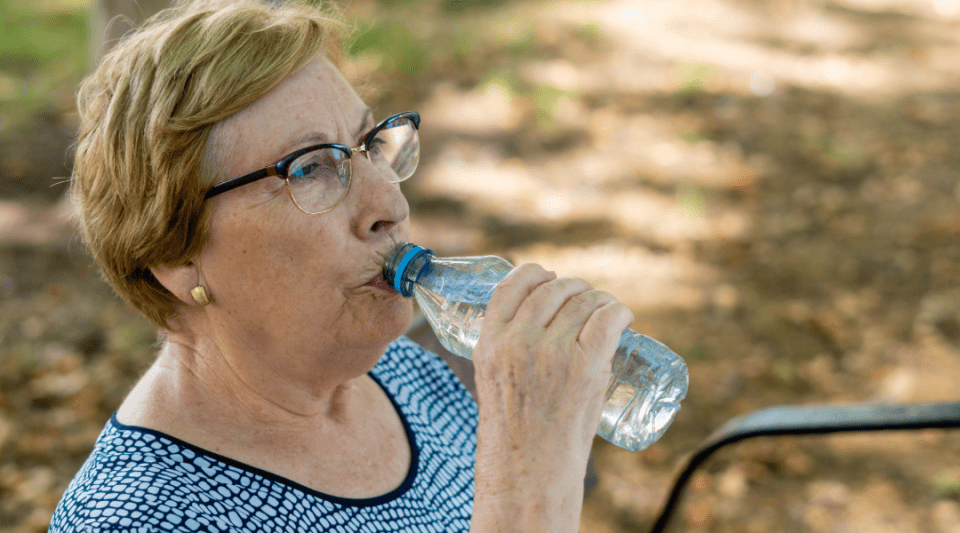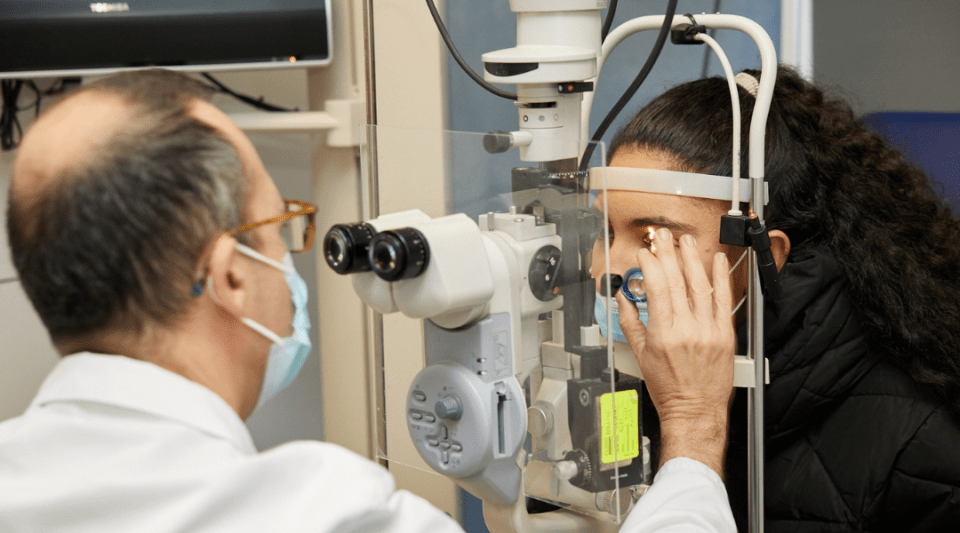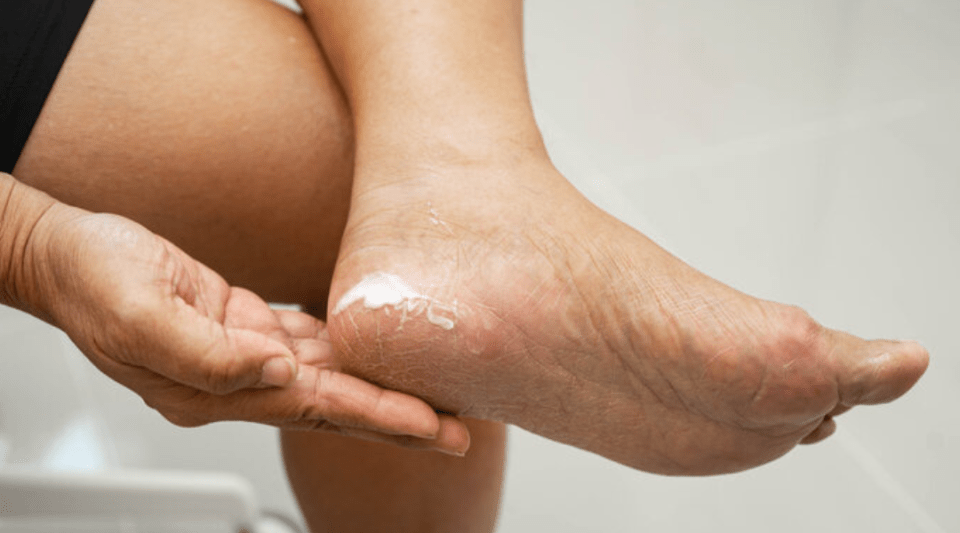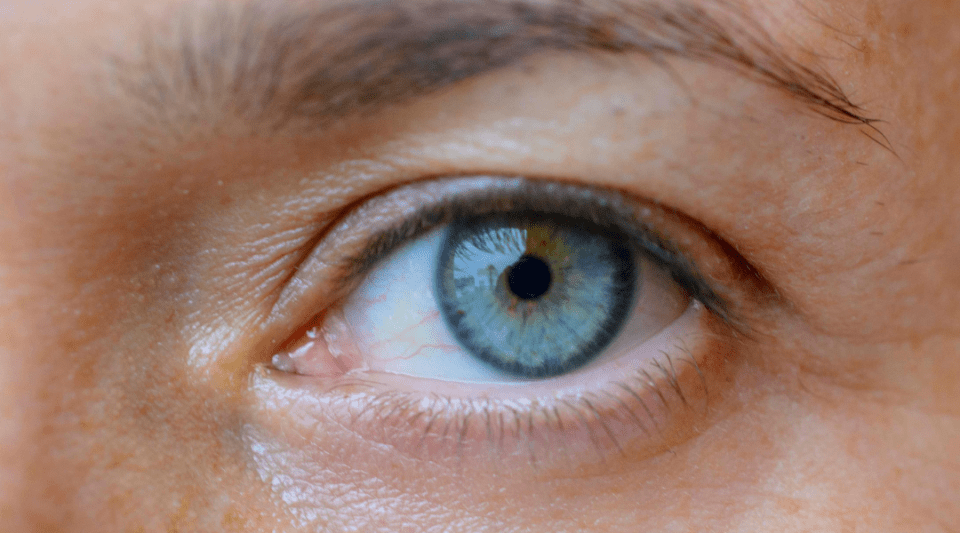The importance of hydration
Why is it important to stay hydrated?
Drinking liquids is essential for the optimal functioning of the human body. Water constitutes approximately 60% of body weight and is essential for numerous bodily functions:
- Controlling body temperature
- Transporting nutrients and oxygen to cells
- Elimination of waste and toxins
- Lubricating joints
- Maintaining healthy skin
Adequate rehydration is essential to maintain these functions and prevent health complications.
Dehydration symptoms
Recognising the symptoms of dehydration in good time is essential. Some of the most common include:
- Intense thirst
- Dry skin and mouth
- Small quantities of urine that is dark in colour
- Fatigue and weakness
- Dizziness and confusion
- Headache
In severe cases, dehydration can lead to serious complications, such as heat stroke, kidney failure and fainting.
Dehydration Risk Factors in older people
People over 65 are especially prone to dehydration due to several factors:
- Less feeling of thirst
- Changes in kidney function
- Consumption of certain medications that increase fluid elimination
- Chronic diseases
Tips to prevent dehydration
How to Stay Hydrated
To prevent dehydration, it is essential to follow some simple but effective strategies:
- Drink enough water: Drink at least 1 and a half litres of water a day, equivalent to about 8 glasses; and more if it is hot or you do intense physical activity. This general recommendation may vary according to the person's kidney function.
- Eat foods rich in water: Fruit and vegetables such as watermelon, cucumber and strawberries help maintain good hydration.
- Avoid alcohol and caffeine: These substances can increase fluid loss.
- Use reminders: Mobile apps or alarms can help you remember to drink water regularly.
Adjust your diet to Improve Hydration
Incorporating certain foods into your diet can significantly improve hydration levels:
- Fresh fruit: Watermelon, cantaloupe, oranges and strawberries are excellent options.
- Hydrating vegetables: Cucumber, celery, lettuce and tomatoes.
The Impact of heat on the health of older people
Vulnerability of older people to heat
As people age, their bodies undergo several physiological changes that affect the ability to handle heat:
- Reduced sweating capacity: Sweating is one of the body's main mechanisms for regulating temperature. In older people, sweat glands may be less active, which decreases the ability to cool the body efficiently.
- Decreased sensation of thirst: With age, the feeling of thirst may decrease, leading to insufficient fluid intake. This can result in inadequate hydration, even before any dehydration symptoms appear.
- Change in kidney function: Kidney function deteriorates with age, affecting the body's ability to conserve water and electrolytes, increasing the risk of dehydration.
- Increased body water loss:: The composition of the body changes with age, as muscle mass decreases and fat increases. As muscles retain more water than fat, this can lead to fewer water reserves in the body.
Environmental and social factors
In addition to physiological changes, several environmental and social factors can increase the vulnerability of older people to heat:
- Living conditions: Many senior citizens live in homes that are not equipped with adequate air conditioning or fans, increasing their exposure to heat.
- Social isolation: Older people who live alone may not have anyone to remind them to drink water or monitor their health during a heat wave.
- Limited access to resources: Some OAPs may have limited access to resources such as fresh drinking water, cool places to shelter in the heat or adequate medical services.
Impact of Chronic Diseases and Medication
Chronic illnesses and medications also play a crucial role in older people's vulnerability to heat:
- Cardiovascular diseases: Heart disease and high blood pressure can limit the ability of the body to respond to thermal stress. Additionally, medications for these conditions, such as diuretics and beta blockers, may increase fluid loss or decrease the ability to sweat.
- Diabetes: Diabetes can affect body temperature regulation and increase the risk of dehydration due to excessive water loss in the urine.
- Neurological disorders: Diseases such as Alzheimer's and Parkinson's can affect a person's ability to recognise and respond appropriately to signs of dehydration and heat.
- Medication that affects hydration: Some drugs taken commonly by older people, such as antihistamines, antidepressants or antipsychotics, can interfere with temperature regulation and increase the risk of heat stroke.
The Impact of heat on the bodies of older people
Heat can have several adverse effects on the body, including:
- Heatstroke: A serious condition that occurs when the body cannot regulate its temperature. Symptoms include high fever, confusion and loss of consciousness; in extreme cases, it can be fatal.
- Heat exhaustion: This is a milder heat-related illness, characterised by profuse sweating, weakness, dizziness, nausea and fainting.
- Chronic dehydration: Prolonged exposure to heat without adequate hydration can lead to chronic dehydration, affecting kidney and cardiovascular function.
- Aggravated chronic diseases:: Heat can aggravate pre-existing conditions such as heart and lung disease, increasing the risk of serious complications.
Strategies to mitigate vulnerability to heat
To protect those most vulnerable to heat, strategies must be implemented at both the individual and community level:
- Constant Hydration: Encourage regular fluid intake, even if you do not feel thirsty. Drinks rich in electrolytes can be especially helpful.
- Cool Environments: Ensure that older people have access to cool environments during heat waves, via air conditioning, fans or community shelters.
- Education and awareness: Inform older people and their caregivers about the risks of heat and the warning signs of dehydration and heat stroke.
- Constant vigilance: Check older people regularly, especially those who live alone, to ensure they stay hydrated and are in a cool environment.
Adequate hydration and prevention of the consequences of heat are essential for health, especially in older people. Taking proactive measures and being alert to symptoms of dehydration and heat stress can prevent serious complications. Caring for vulnerable people during the hot months not only improves their quality of life, it can also save lives.






